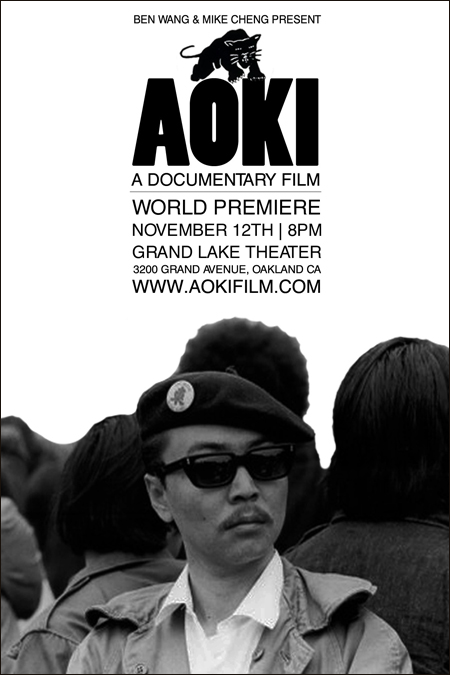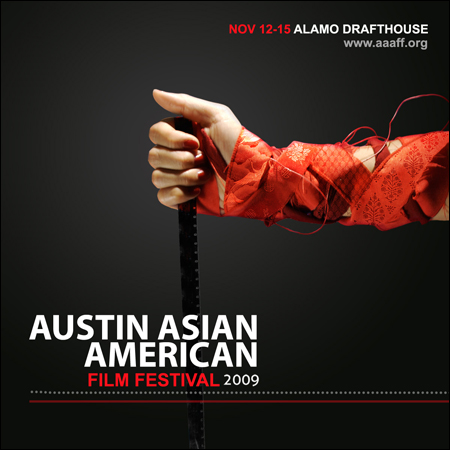A QUICK FYI
Anyone visiting the site on account of my CAAMFest Juror bio might notice...this site hasn't been updated in a while. The simple answer is that since leaving the Bay Area in 2006 (and more importantly, leaving a teaching gig at UC Berkeley in Asian American Film and Video), I simply haven't been able to keep up with the rapid changes in Asian American cinema since then despite still keeping track of a handful of films a year (plus a stint with the LAAAFF screening committee). Consider this site a snapshot and certainly, a limited one at that, of a moment in time in an ever-evolving art form).
--O.W. 3/14

 Arvin Chen's Au Revoir Taipei just opened up the
Arvin Chen's Au Revoir Taipei just opened up the  I first saw
I first saw 











<< Home